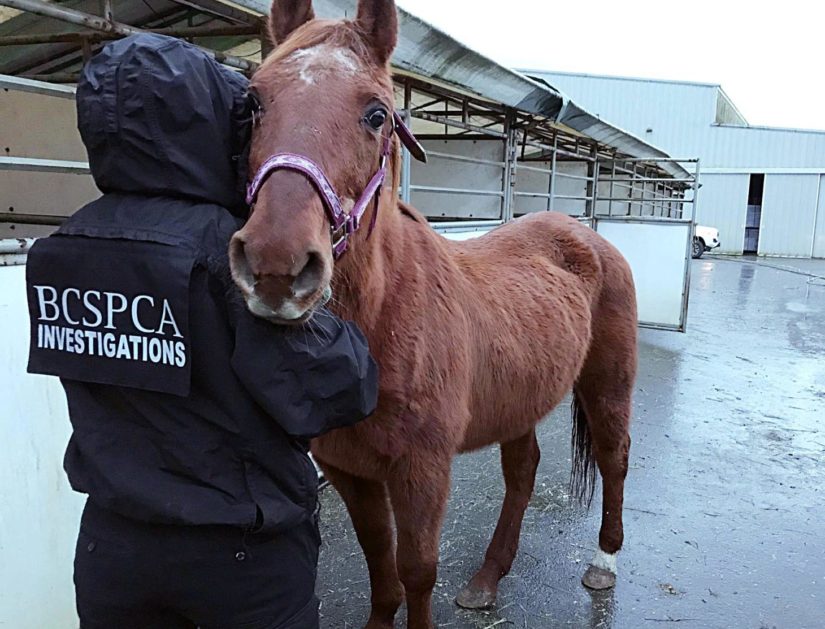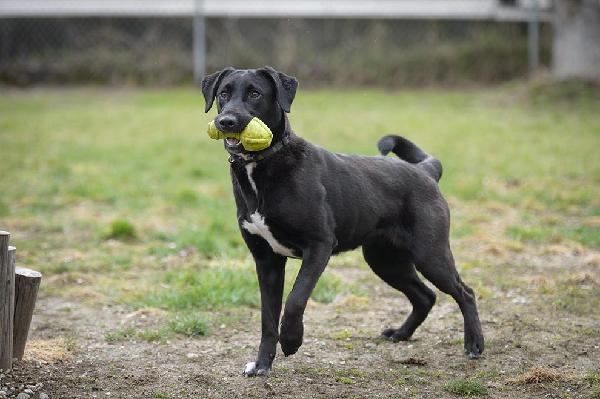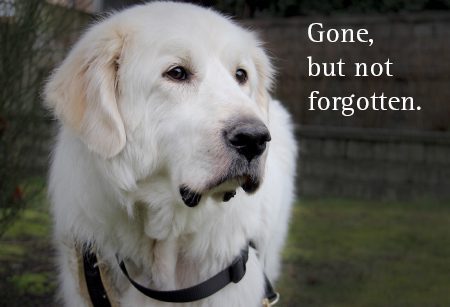Laws & enforcement in your community
The BC SPCA recognizes that pet-friendly housing is limited in B.C. To make it easier to work together to create humane communities, we have developed resources to help renters demonstrate themselves as responsible guardians and assist strata councils and property owners in effectively managing their buildings and suites.
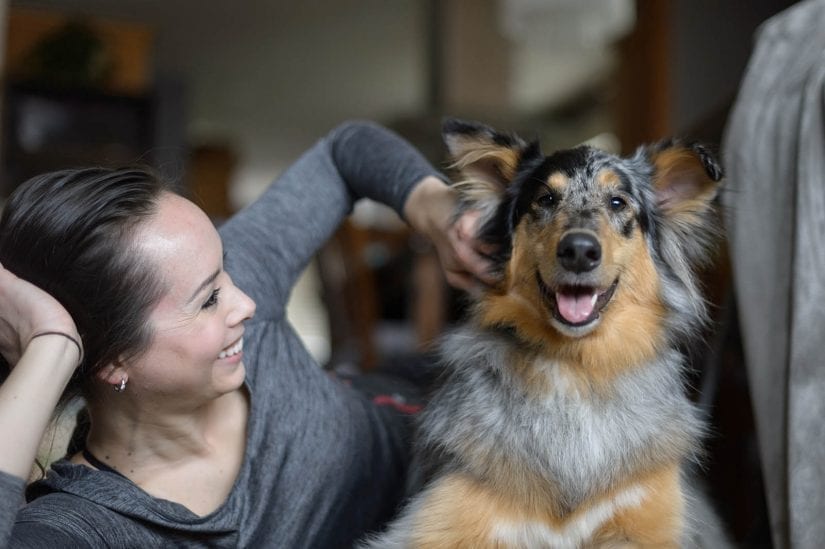
Learn more about finding pet-friendly housing for you and your pet.
PCA Act
The BC SPCA derives its powers to investigate and take action in instances of animal cruelty from the Prevention of Cruelty to Animals Act (PCA Act).
We are the only animal welfare organization in B.C. with the authority to enforce laws relating to animal cruelty and to recommend charges to Crown Counsel for the prosecution of those who inflict suffering on animals.
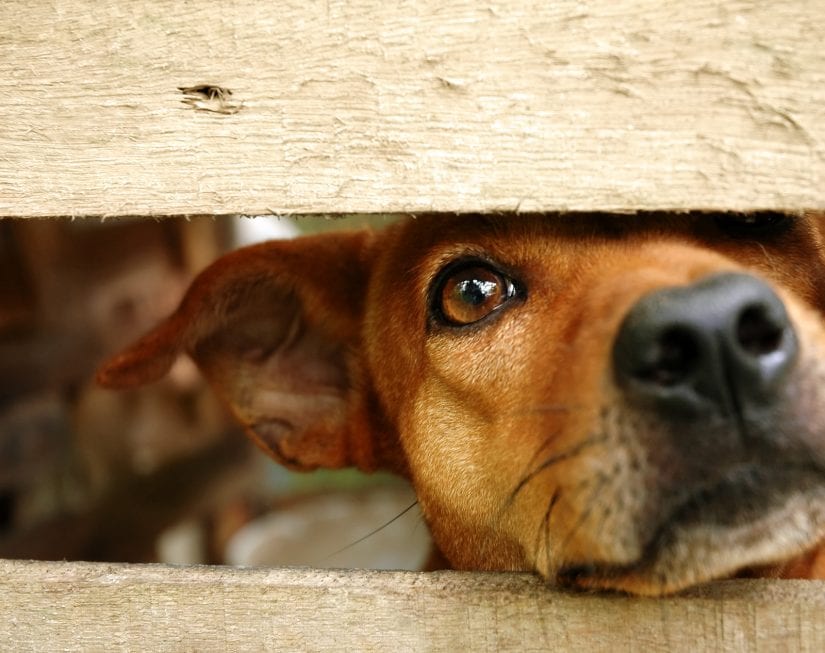
Criminal Code of Canada
It is a crime in Canada to intentionally harm animals. Anyone who deliberately harms animals can be charged under the Criminal Code of Canada.
The Criminal Code of Canada deals specifically with cruelty to animals in sections 444 to 447.
Our Animal Protection team can recommend charges for Crown Counsel for the prosecution of individuals who inflict suffering on animals under the Criminal Code of Canada.

The BC SPCA is not able to provide details on active investigations into animal cruelty cases, as doing so may compromise any potential charges or other legal actions we may take.
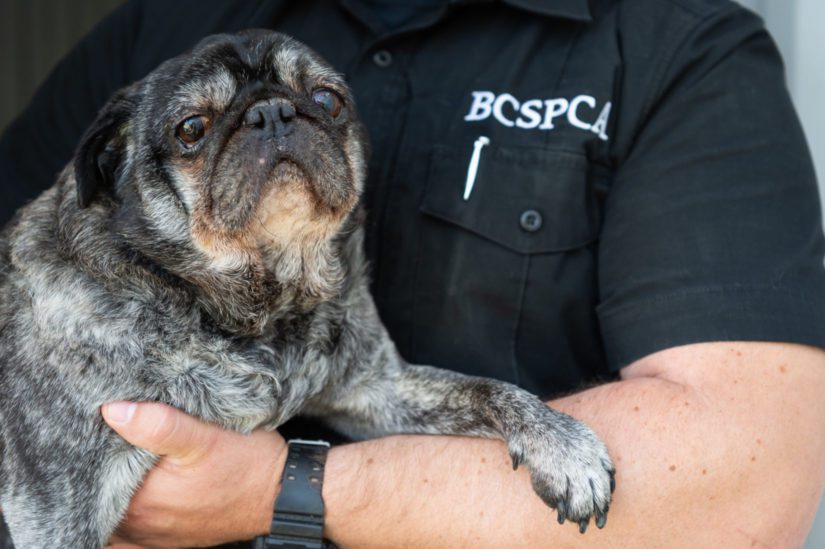
The BC SPCA is the only animal welfare organization that can investigate animal cruelty as established by the Prevention of Cruelty to Animals Act and the Constitution and Bylaws of the Society (PDF). We are guided by our Code of Ethics (PDF).
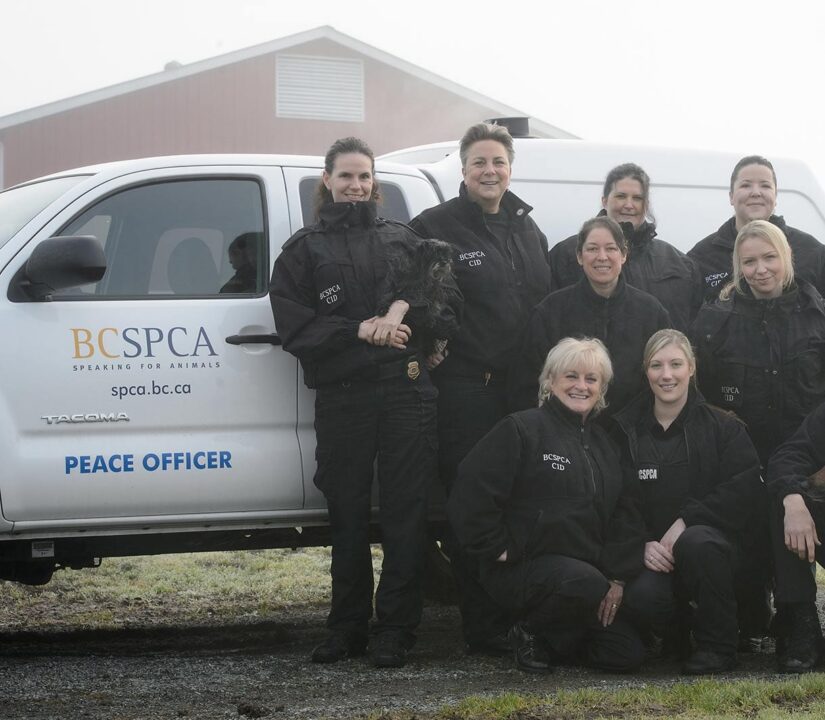
Animal Control agencies enforce city/municipal animal by-laws and, in some cities/municipalities, operate their own animal facilities. By-laws may include stray dogs, leash laws and licensing.
In some BC SPCA animal centres, we are contracted by the city/municipality to enforce the by-laws or kennel stray dogs and/or cats. Contact your local animal centre to determine what services we provide in your community.
Please call the BC SPCA Animal Helpline at 1-855-622-7722 to report animal cruelty.
Yes. When you make a report with one of our Animal Helpline operators, let them know that you would like to report anonymously and they will not take your personal information.
Your information could be released in the event of a court order, legal proceeding, another law enforcement agency investigation or if we ask you to provide a statement so that we can obtain a search warrant.
Providing us with your contact information allows our animal protection officers to contact you with additional questions, if necessary. If you wish to be contacted regarding the outcome of the investigation, we can only do so if we have your contact information, otherwise no follow-up information will be available to you at any time.
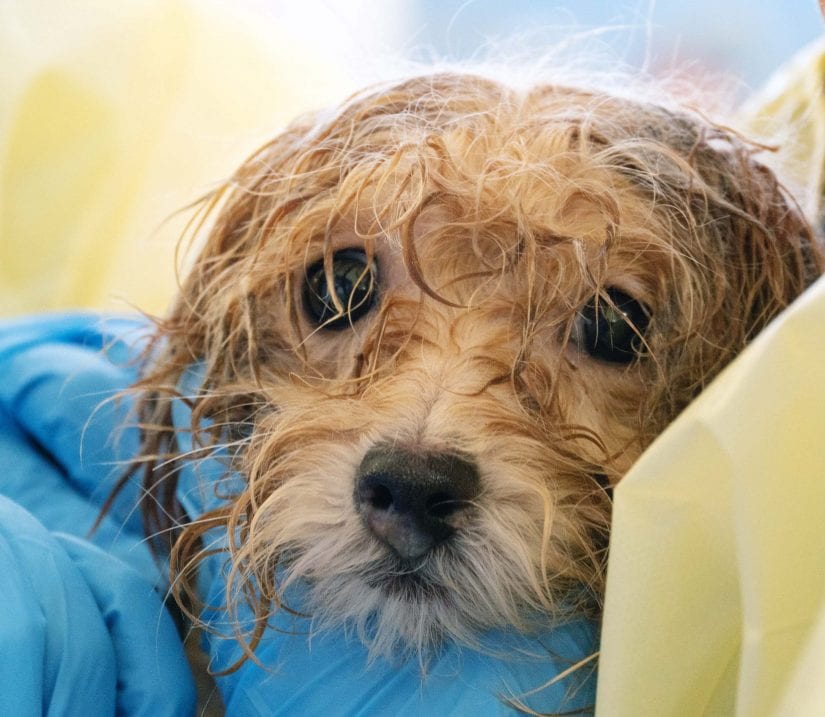
The Prevention of Cruelty to Animals Act (PCA Act) is the provincial animal welfare legislation that outlines required standards of care. The BC SPCA was created under the auspices of the PCA Act, and that’s what gives it the power to investigate and take action on animal cruelty cases. It also details the BC SPCA’s constitution and powers of inspection and enforcement.
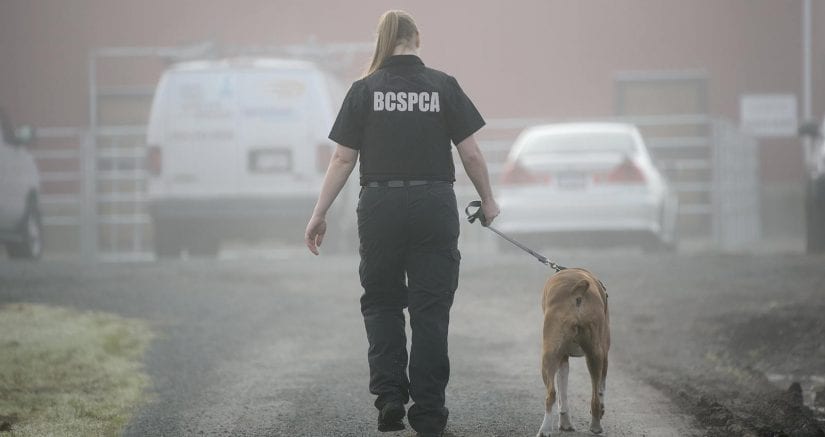
The BC SPCA is the only animal welfare organization in B.C. with the authority to enforce laws related to animal cruelty. In 2008, we successfully campaigned for amendments to the Act that significantly increased protection for abused and neglected animals in B.C.
We continue to propose and support amendments to strengthen the Act. For example, in July 2015, the B.C. Ministry of Agriculture announced a new regulation to adopt the Codes of Practice for the Care and Handling of Dairy Cattle into the PCA Act, specifically outlining what is considered a ‘generally accepted practice’. The inclusion of the Codes complemented our work with the BC Dairy Association, the BC Milk Marketing Board and the dairy industry to improve the welfare of dairy cattle.
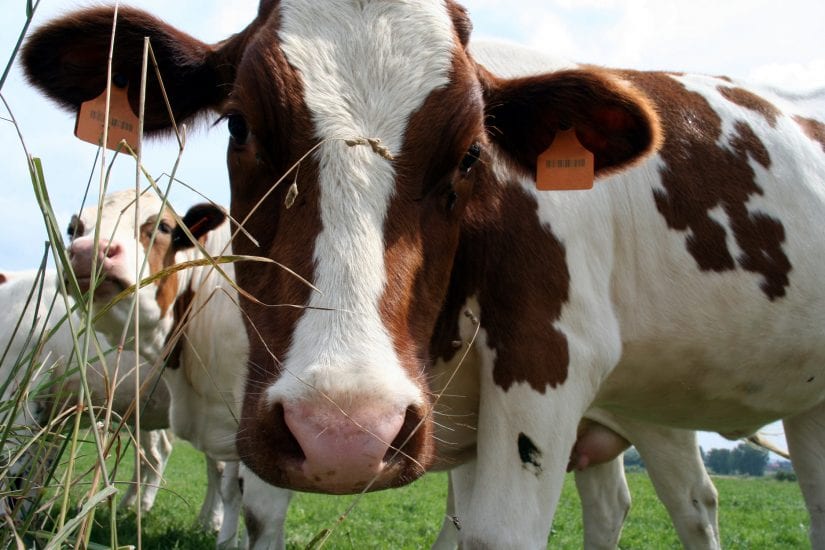
In February 2017, the BC SPCA applauded the government of B.C’s move to target irresponsible dog and cat breeders. The proposed amendments to the PCA Act would enable the B.C. government to regulate commercial breeders through either a registration or licensing system that will help ensure commercial cat and dog breeders are treating animals with the respect and care they deserve.
Investigating reports of animal cruelty and seizing animals in distress is both rewarding and challenging. It’s a job that requires a unique set of skills and the right personality type.
The best way to find out if it’s the right job for you is to start by working in a BC SPCA animal centre to gain experience shadowing Animal Protection Officers and participate in initial investigations.
Currently, we employ 33 Animal Protection Officers throughout the province. Should an opening become available, the job opportunity will be posted on our website.
To learn more, download a description of qualifications, experience and skills required to become a Animal Protection Officer (PDF) with the BC SPCA.
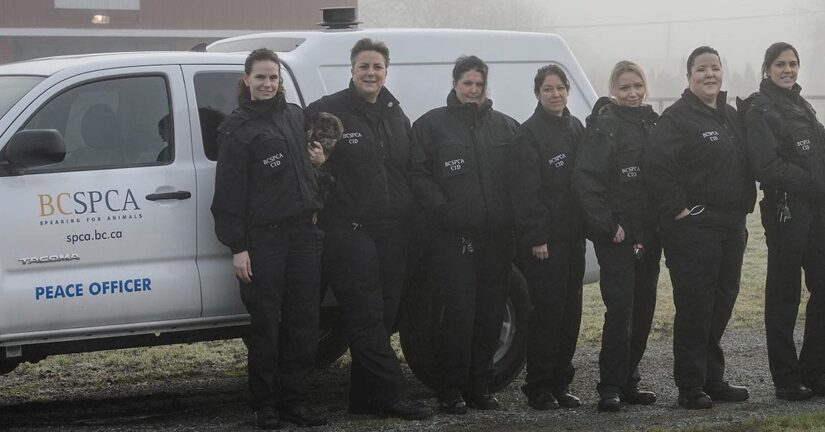
Step 1 – Gathering information
When the BC SPCA Animal Helpline (1-855-622-7722) receives a cruelty complaint, an Animal Helpline operator will gather information from the caller, including but not limited to:
- The caller’s name, phone number and address: While we do accept anonymous reports, contact information is very important in the event that the animal protection officer who investigates the complaint has any questions or difficulty locating the property. Also, if legal action is pursued, we may require a statement.
- The person of interest’s information: Address and name (if known) as well as physical description and whether the caller believes they might be violent.
- A detailed description of the animal(s) and the concerns. Also location of animals if different from the person of interest’s address.
- Date and time of the incident or when the animal was last observed.
All of these questions are necessary to ensure we provide the animal protection officers with as much information as possible to assist them in their investigation.
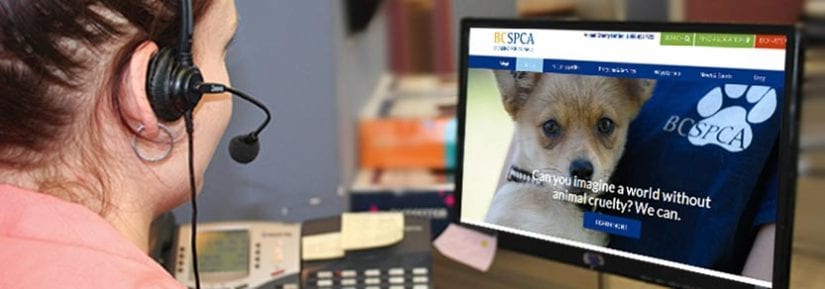
Step 2 – Investigating the complaint
An animal protection officer will review the complaint and attend the premises.
Our response time will depend on the number and priority of calls at the time, as well as the location of the animals reported. The officers will attend as soon as they are able, however it is important to remember that the BC SPCA is a non-profit organization with only 30 full time officers for the whole province.
If the animal protection officer attends and finds the complaint to be unfounded, we will close the file with no further action. If the complaint is valid and there are animals in distress, the officer must give the owner the opportunity to relieve the distress within a reasonable period of time. In doing so the officer would issue the owner with notice(s).
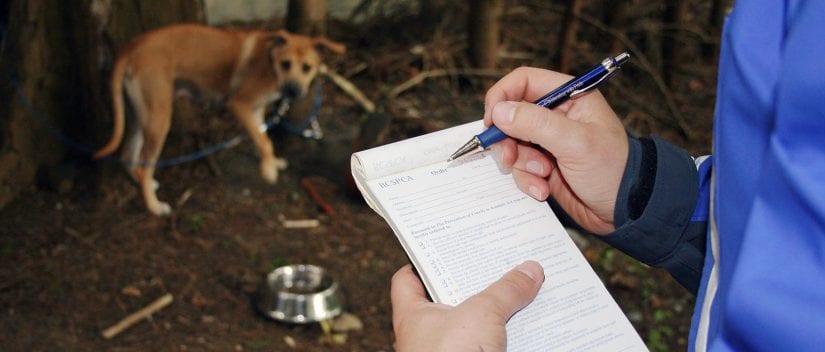
Step 3 – Resolving the issue
If the owner complies within the provided time period, we will close the file. If the owner does not comply within the time period, the animal protection officer may either issue new notices, provide additional time (depending on the circumstances) or apply for a warrant to seize the animal(s).
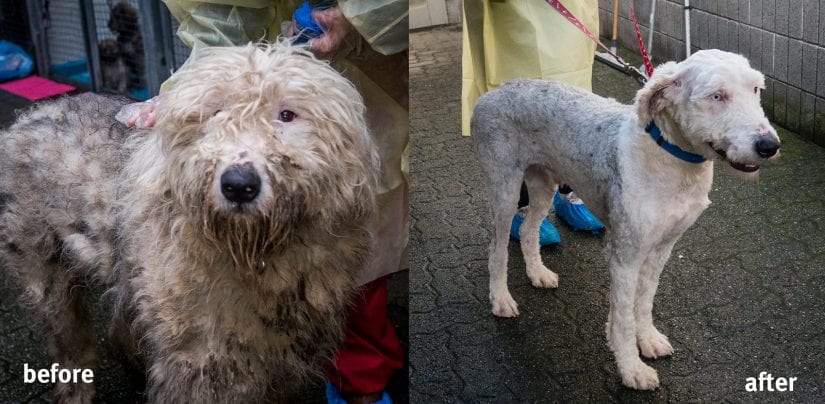
In 2016, the College of Veterinarians of British Columbia (CVBC) voted to prohibit their membership from cropping ears or docking tails of dogs for cosmetic purposes. A similar vote took place in 2023 to ban the practice of devocalization (“debarking”) in dogs.
- Ear cropping: the removal of part or all of a dog’s ear
- Tail docking: the removal of part or all of a dog’s tail
- Devocalization: the partial or full removal of a dog’s vocal cords to reduce or prevent the volume, pitch or intensity of their bark
In accordance with section 231 of the CVBC Ethics and Standards (PDF), these procedures may only be done to treat injury or disease. As such, if a veterinarian performed these procedures for reasons other than treatment, they would be in breach of their ethics and standards and also potentially in breach of the Criminal Code and Prevention of Cruelty to Animals Act (the “PCA Act”).

The BC SPCA’s position on these procedures
It is the position of the BC SPCA that unless medically required, the cosmetic docking of tails or cropping of ears without the use of anesthetics or analgesia causes pain and suffering as reported by both the CVBC and CVMA. We also believe that devocalization deprives dogs of an essential form of communication. Not only can this cause them significant stress, but devocalization fails to address the underlying reasons why dogs bark in the first place. Read more about our position on cosmetic and other non-therapeutic alterations.
Complaints about tail docking, ear cropping and devocalization may be investigated and, provided they meet the charge approval standard as set out by the Crown, recommendations for charges pursuant to either the Criminal Code of Canada or the provincial Prevention of Cruelty to Animals Act will be forwarded to Crown Counsel.

The impacts of these procedures on dogs
Tail docking, ear cropping and devocalization cause unnecessary pain and suffering to a dog when the procedures are not medically necessary to treat injury or disease.
Studies have demonstrated that dogs who have had their tails docked display signs of chronic pain and heightened pain sensitivity. Dogs who have been debarked are at risk of complications, including:
- Short-term: bleeding, swelling, infection, coughing and gagging
- Long-term: chronic coughing or gagging, aspiration pneumonia, and airway narrowing and scarring, which can lead to noisy breathing, respiratory distress, exercise intolerance, heat intolerance and collapse
Tails, ears and vocalizations also play a significant role in communication for canines, both with other dogs and to humans. Docked tails have been shown to result in more frequent aggressive encounters with other dogs. Tail and ear activity are closely linked with other dog behaviours and, together with vocalizations, allow dogs to signal both negative and positive emotions, moods and intentions.
Section 72 of the BC Motor Vehicle Act and Section 9.3 of the PCA Act prohibit the transport of an unsecured pet in the back of a pick-up truck. It is against the law and dangerous for a pet.
If you see a dog that is unattached in the back of a pick-up truck, call 911. Record the information about the vehicle so that you have it on hand for your call:
- Licence plate number
- Make and model of vehicle
- Description of dog
What is the best way to secure a pet in a vehicle?
Unrestrained pets are a major distraction to drivers and can cause vehicle collisions. In a crash, pets become flying objects and can cause serious injury to themselves and others.
- Put the dog inside the vehicle with you and use a secured crate or a dog seatbelt to restrain your pet.
- If you must transport your pet in the back of a truck, the safest method is in a secured crate in the centre of your truck box.
Find out more about transporting your pet safely.
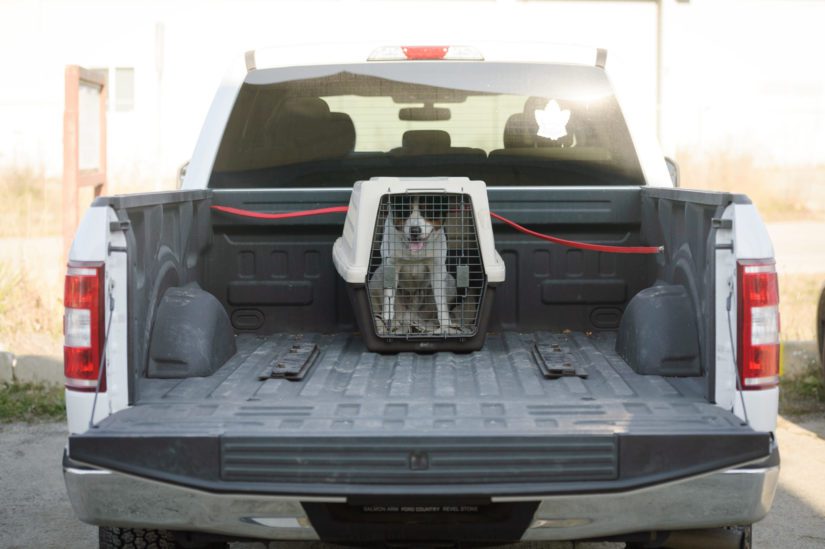
If you suspect an animal is in distress, call the BC SPCA Animal Helpline: 1-855-622-7722. A BC SPCA Animal Protection Officer will follow up on the complaint and have educational materials to help owners transition their dog inside. If the animal is found to be in distress, the Animal Protection Officer will issue notices to the owner.
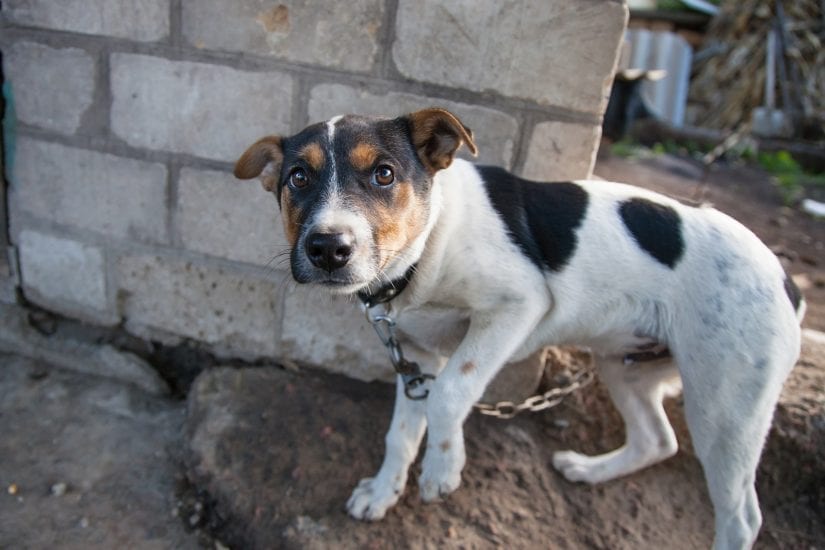
Outdoor dogs and distress
When our Animal Protection Officers visit a property, they must determine if the animal is in distress.
The definition of distress is covered under the legislation that governs the BC SPCA, the Prevention of Cruelty to Animals Act (PCA Act):
- deprived of adequate food, water, shelter, ventilation, light, space, exercise or veterinary care
- kept in conditions that are unsanitary
- not protected from excessive heat or cold
- injured, sick, in pain or suffering, or
- abused or neglected
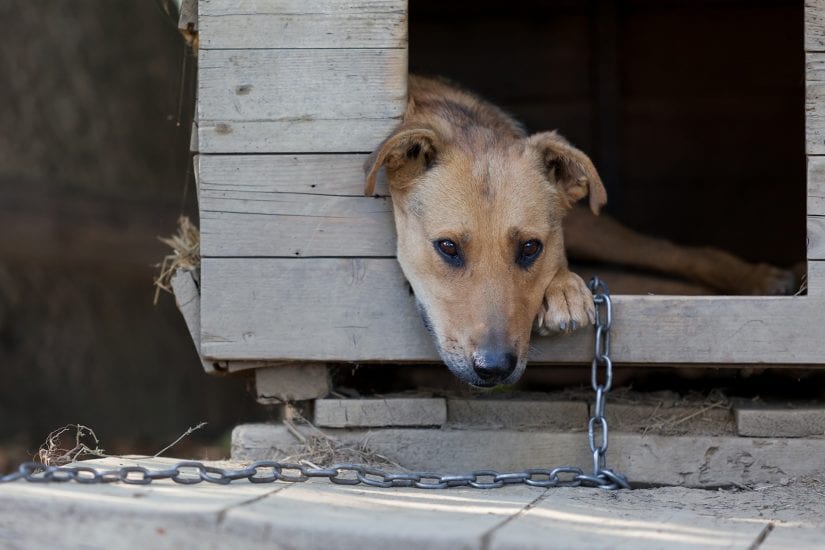
“Adequate” can be a subjective term. Officers use the following definitions to help clarify the term:
- Adequate water: Access to clean, potable drinking water at all times
- Adequate food: A sufficient quantity of suitable food to allow for normal growth and the maintenance of normal body weight and food receptacles that are clean, disinfected and located as to avoid contamination by excreta
- Adequate shelter: A properly constructed shelter that ensures protection from heat, cold and dampness, and is appropriate to the weight and protective outer coat of the animal.
Learn more about municipal bylaws for chained and outdoor animals in B.C.
Yes. The BC SPCA complies with the Personal Information Protection Act.
Your information could be released in the event of a court order, legal proceeding, another law enforcement agency investigation or if we ask you to provide a statement so that we can obtain a search warrant.
Providing us with your contact information allows our animal protection officers to contact you with additional questions, if necessary. If you wish to be contacted regarding the outcome of the investigation, we can only do so if we have your contact information, otherwise no follow-up information will be available to you at any time.
